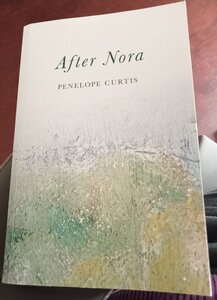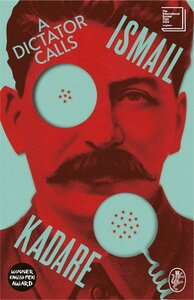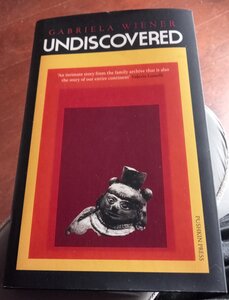Noémi Kiss-Deáki is a writer from Åland who writes fiction in English. Galley Beggar Press have recently published her debut novel, which is inspired by the story of Mary Toft, a poor eighteenth-century Englishwoman who (for a time) was believed to have given birth to rabbits. It’s a gem of a book.
Godalming, 1726: the cloth trade is in decline as more and more pasture land is given over to rabbit farming, benefiting the rich (who can afford to eat rabbit) over poor people who rely on the sale of cloth. In the midst of this, one Ann Toft devises a plan: using the parts of a dead rabbit, she will create the charade that her daughter-in-law Mary can give birth to the animals. Ann’s thinking is that this will be a new source of power – if a poor person has such access to a commodity so valued by the rich, then the rich will have to take notice.
Mary herself doesn’t have much say in the matter, being so far down the ladder even in her community of women:
One might imagine that such a community of women, where one is never alone, where one shares in all the work and always can rely on an extra pair of hands, could perhaps be cosy and intimate.
It is not cosy and intimate.
Instead, the community of women is fraught and permeated with tensions and hierarchies and privileges, tightly guarded.
Mary Toft has no privileges.
Ann Toft has all the privileges, even in such a household, a household in the town quarters inhabited by the poorest of the poorest.
Kiss-Deáki’s prose is full of rhythm and repetition like this, which has the effect of foregrounding the narrative frame that holds her characters. This reflects the way they’re held in position by society: Mary, for example, is caught in the ebb and flow of Ann and the other women around her. The same is true for others, because there’s always someone else further up the social hierarchy. Ann persuades local doctor John Howard to visit, in order to add credence to her claims for Mary. But he soon takes charge of matters to pursue his own agenda – and loses control in turn when three London medical men get involved. Even they don’t have ultimate authority, though, as Kiss-Deáki’s narrator comments on how much the characters don’t yet know.
Still, it all comes back to Mary Toft, who is the centre of the novel even as she’s at the bottom of its society. Things happen to her for most of the book, but Kiss-Deáki shows how Mary eventually gains her voice – in a way that shakes the story to the ground, while at the same time leaving the broader structures undisturbed.












Recent Comments